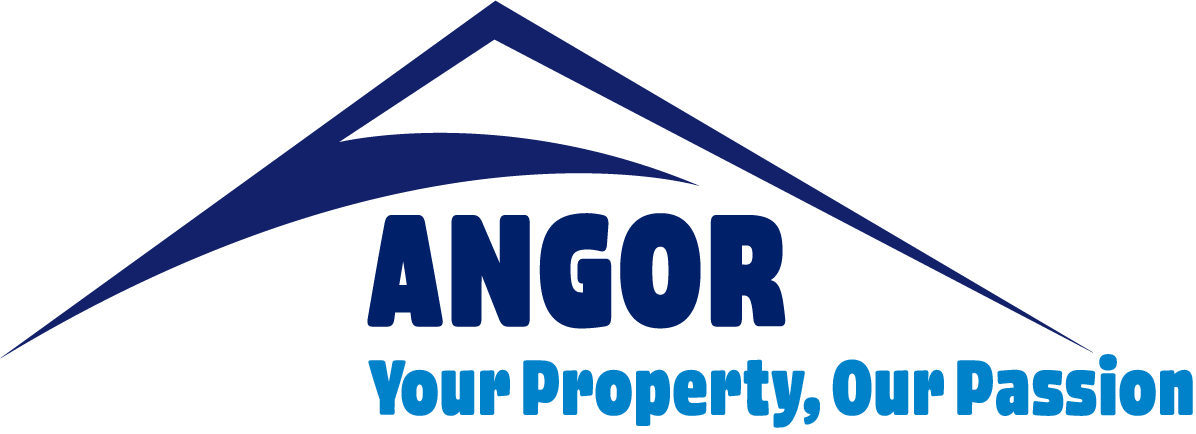Understanding Levy Collections in Community Schemes
Levies are the lifeblood of any community scheme. They fund essential services, routine operations and long-term maintenance. When levy arrears rise, schemes face service disruptions, deferred maintenance, insurer scrutiny, and the risk of special levies. This article explains why levies matter, outlines the legal framework, and sets out a practical, step-by-step process for recovering arrears—together with prevention strategies that reduce future defaults.
What Counts as a Community Scheme?
- Sectional Title schemes (bodies corporate)
- Homeowners Associations (HOAs)
- Retirement villages
- Share Block schemes
Why Levies Matter
- Keep communal areas safe and functional (gardens, roads, lifts, security).
- Fund utilities and contracts (cleaning, guarding, managing agent, insurance).
- Sustain the 10-year Maintenance, Repair & Replacement Plan (MRRP).
- Protect property values and owner confidence.
- Reduce the need for crisis-driven special levies.
Common Challenges in Collections
- Legal complexity and confusion from media reports.
- Backlogs and delays at CSOS.
- Tough economic conditions and owner affordability.
- Informal promises to pay that never formalise.
- Owner education gaps (levy statements, what levies fund, how interest/fees apply).
The Legal Framework (Overview)
- Sectional Titles Schemes Management Act (STSMA): Regulates levy collection, trustee powers, and required processes (e.g., final demand).
- Community Schemes Ombud Service Act (CSOS): Provides dispute resolution; can issue adjudication orders, but backlogs occur.
- National Credit Act (NCA): Limited application; relevant mainly to maximum interest and consumer protections.
- Rules/Constitution: Conduct and management rules (BC) or MOI (HOA) shape service of process, enforcement and owner obligations.
Step-by-Step: Practical Levy Recovery Process
- Arrears Letter (Day 7):
- Levies are due in advance (typically by the 1st).
- Early contact (around the 7th) encourages prompt payment and sets expectations.
- Final Demand (14 days as required by STSMA):
- Must include clear consequences for non-payment.
- A legal prerequisite before further action.
- Default Listing (after 30+ days):
- Listing at credit bureaus can nudge payment.
- Quick to reverse once paid; relatively cost-effective.
- Payment Plans / Acknowledgements of Debt (AODs):
- Balance affordability vs fairness to paying owners.
- Typical horizon: up to 6 months, case-by-case.
- Prefer formal AODs to informal promises.
- Escalate if Needed:
- Court route: Formal, attorney-driven process; judgments auto-blacklist; better control over timelines, more costly.
- CSOS route: Lower cost but often slower; enforcement still needs the courts.
Court vs CSOS – A Quick Comparison
- Court (Magistrates/High Court):
- Pros: Formal sheriff service, judgments auto-list, clearer enforcement paths, attorney-led.
- Cons: Legal costs, some court delays.
- CSOS:
- Pros: Cost-effective filing, accessible to owners and schemes.
- Cons: Severe delays; orders must still be enforced through court; email service can be ignored.
Best-Practice Policies that Improve Outcomes
- Clear Levy Recovery Policy: Thresholds for handover; standard AOD terms; interest and cost approach; consistent timelines.
- Owner Communication: Proactive reminders, approachable call centre/support, explain statements and rules.
- Acceleration Resolution: If one instalment is missed, the full year’s levies become immediately due (improves efficacy of legal action).
- Cash-Flow Safeguards: Consider prepaid utility meters (via proper resolution and lawful process) to prevent further communal losses.
- Governance Discipline: Keep AFS, budgets, MRRP, insurance and AGM minutes up to date—buyers and banks are watching.
Levy collections work best when a scheme pairs firm processes with fair engagement. Early letters, legally compliant final demands, realistic AODs, and timely escalation—supported by consistent policies and strong owner communication—deliver better recovery and fewer disputes. By combining prevention and process, schemes protect cash flow, property values and community trust.
Why you should think twice before bypassing the CSOS dispute resolution procedures

